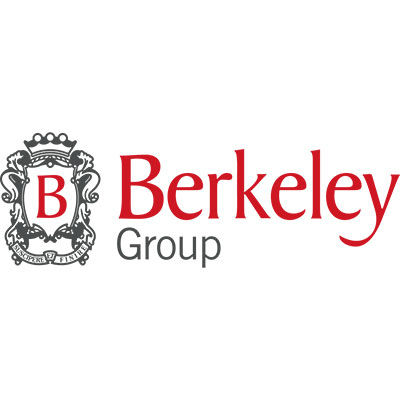
Banking Placements
Want to have a future career in banking and are currently in your second year of university? Maybe a banking placement is for you. They offer great opportunities to develop soft skills, enhance your financial knowledge and gain valuable work experience before you graduate.
Did that entice you? Read on to find out all you need to know about banking placement years.

What are banking placements?
A banking placement is a structured, full-time work experience that typically lasts around a year (but can be as short as 5 to 6 months). These placements will allow you to work within a bank or financial institution in a real-world, professional environment as a full-time employee. And you will get paid a salary like every other employee. What's not to like?
You may be placed in areas such as commercial banking, investment banking, risk management, operations, compliance, or technology. During the placement, you can gain hands-on experience, develop industry-specific skills and build a professional network, all of which can significantly enhance your employability after you graduate.
Many banks use these placements as a talent pipeline, so performing well can often lead to a return offer for a graduate role or a spot on a future internship programme!
Read our Guide to Placements for more information.
Here’s what a placement student said about their time with AON:

Thoroughly enjoyed my placement! Met some amazing people and developed not only technical skills, but softer skills too. Investment Consultant, AON
Why should you do an banking placement?
Doing a banking placement could be the most valuable experience you could get to prepare yourself to stay in the banking industry after you graduate. Not convinced? We’ve got you covered:
REAL-WORLD EXPERIENCE
You’ll move beyond the theory taught in lectures and experience the fast-paced world of banking first-hand. Whether you’re in corporate finance, risk, operations, or technology, you’ll work on real projects and contribute to the day-to-day running of the business.
CAREER CLARITY
Not sure what area of banking interests you most? A placement lets you explore different departments, helping you figure out what suits your strengths and interests, before committing long-term.
BOOSTED EMPLOYABILITY
A year of experience on your CV can give you a major edge in a competitive graduate job market. It shows employers you’re proactive, experienced, and already trained in key workplace skills.
PROFESSIONAL NETWORK
You’ll meet and work alongside professionals at all levels. These relationships can be valuable for mentorship, references, and even future job opportunities.
You’ll complete your year in industry and go back to university full of business acumen, new skills and the knowledge that you’ve got some amazing and relevant work experience on your CV for when you graduate.
What about internships or spring weeks?
If you don’t want to finish university in four years (rather than three) or are not ready to commit to a year in industry, you may want to consider doing an internship or an insight scheme.
Not only do they only last from one week to four months during your holidays, but there are a lot more of these programmes in the banking industry compared to placements.
This is because the banking industry tends to focus on graduate recruitment, so there is less opportunity for students doing an entire placement year.
Which companies could I work for?
From commercial banks to massive financial institutions, there are many companies that offer banking placements. They’re also based all around the UK, so there are plenty of opportunities to move to a new city.
Here’s what a placement student said about their time with the Bank of England:

Every staff member I've met at the Bank of England has been incredibly kind/willing to help in any way, especially as we navigated a virtual work environment. I developed a great relationship with my line manager, instrumental to my progress, I felt comfortable turning to others for help and guidance, which meant I felt supported all around. Research Assistant Placement, Bank of England
How much do banking placements pay?
Now, this will depend on your employer and where you are located. If you’re based in London, you can expect to be getting a higher wage to help accommodate your living expenses.
On average, banking placements pay £30,200 a year! Which is a HUGE amount. Say hello to holidays and goodbye to relying on those yellow discounted stickers.
Do note that this is only the start! The weight of having a placement year on your CV is incredible, not just for the opportunities it opens up but also for your future earnings.
How to apply for a banking placement?
Banking placements are very popular and get filled up quickly, especially as there aren’t as many as there are internships or spring weeks. So it’s best to start applying as early as possible.
We recommend starting to look from August the year before you want to start. You can start your search for a banking placement here on Higherin, where we host 100's of placements every single year all around the UK.
Once you have found the placement you want to apply to, you have to prepare yourself for the application process. You are normally asked for a placement CV and cover letter.
After you have aced these stages, you can expect to have to do interviews, psychometric testing and assessment centres.
Most importantly, good luck!
























